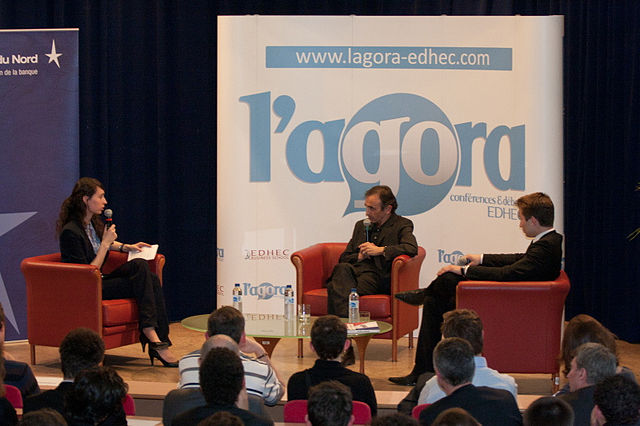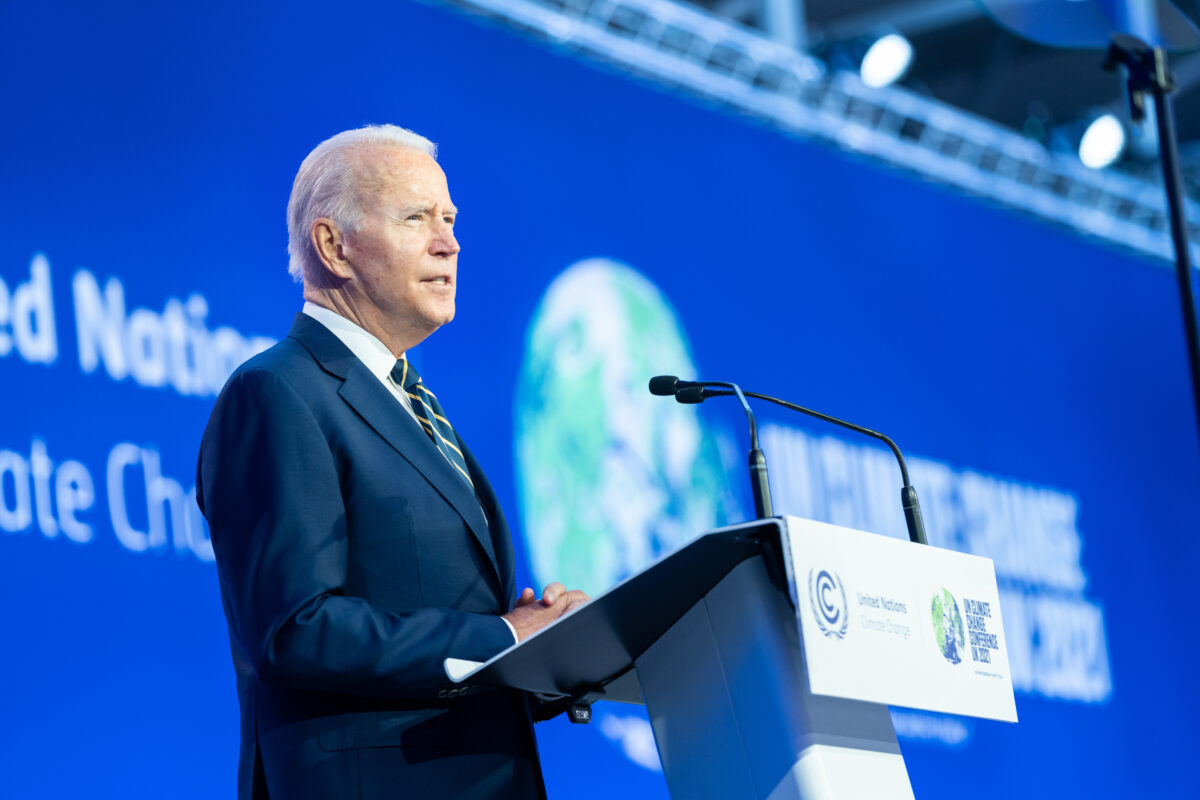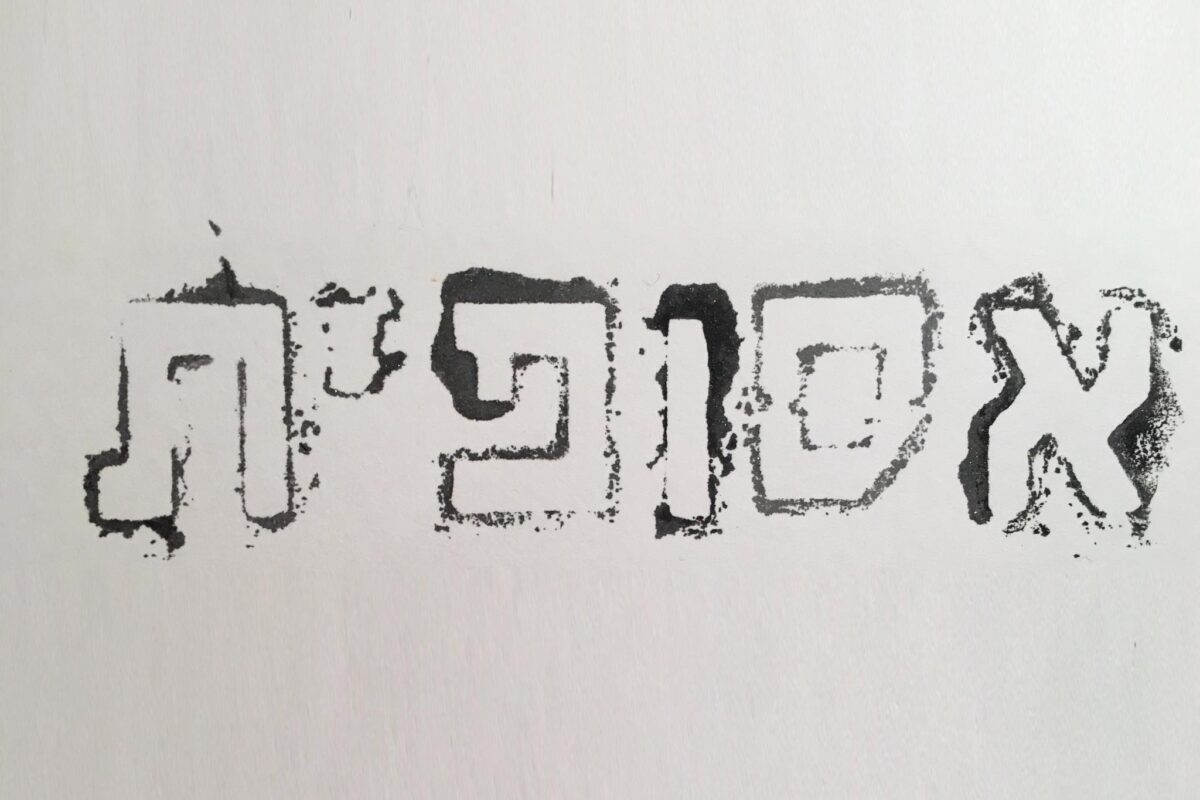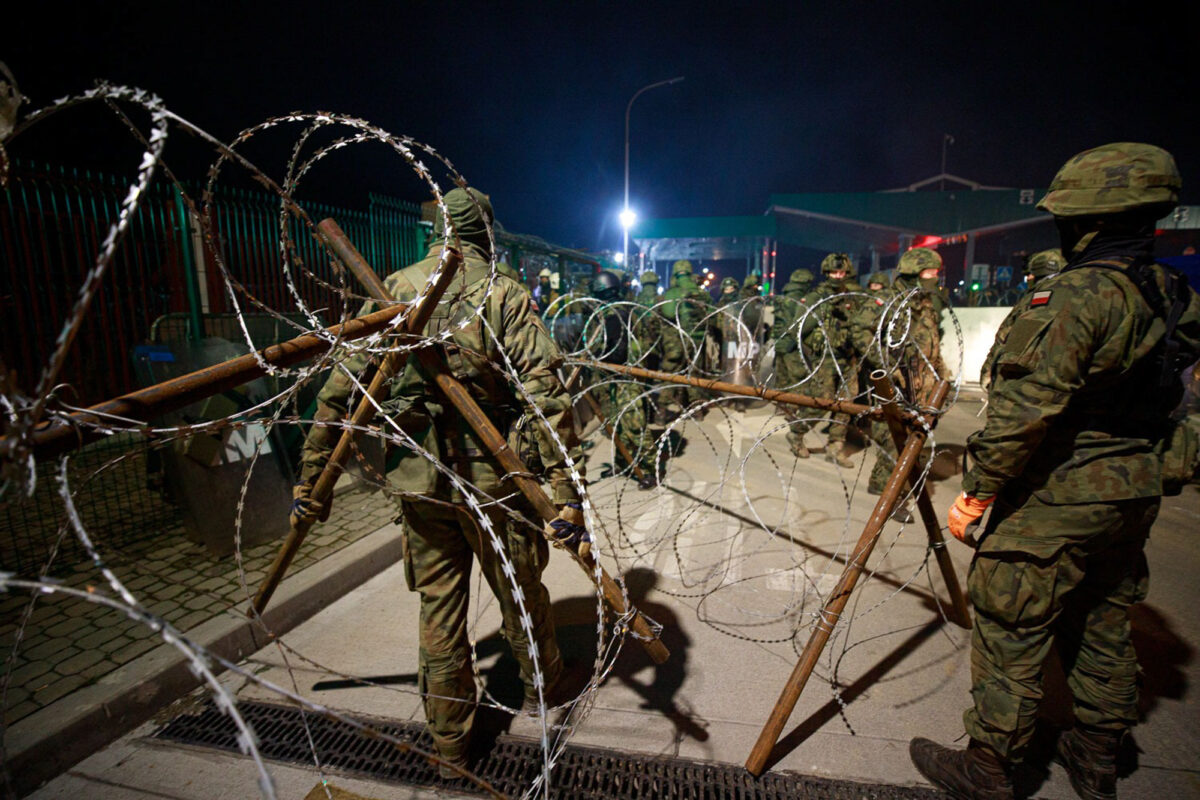Introduction
Over recent months, increasingly demagogic fears of curtailment of ‘freedom of speech’ or the closely related ‘freedom of expression’ have been voiced. I believe that most such calls serve to camouflage attacks on working peoples, by removing any social constraints on ‘individual’ will. This is not new, but has accelerated.
Perhaps the right-wing hijackers are correct? Has ‘free speech’ truly been curtailed? The reality seems to be that it has been left-wingers who have been muzzled – not the right. For example in academic circles, at least in the USA, data shows that left wing ‘freedom of speech’ has been targeted, not the right wing’s:
As Chris Quintana argued in Chronicle.com:
“Many conservative pundits will tell you that one of the most vaunted of American values, free speech, is under siege by undergraduates across the nation. And their prime targets are conservative speakers… But professor Jeffrey Adam Sachs, has.. new data… suggest(ing) the free-speech crisis is overblown… professors are dismissed more often for liberal comments than for conservative ones… (In) 45 incidents from 2015 to 2017 in which professors were fired, suspended, or otherwise punished – of the 26 he found in 2017, e.g., 19 had made liberal comments.”
This article will discuss two current cases in which slogans have been hijacked in Europe, although such examples are not limited to Europe given the current crisis in global imperialist capital. It then discusses constitutional rights regarding COVID measures in Germany. I end with a brief review of historical views on ‘free speech’ from Jean-Jacques Rousseau. This review contrasts ‘liberal’ views (‘anyone is free to do whatever she wishes’) with a communist viewpoint (‘an individual is a part of a class, whose access to ‘freedom of expression’ differs by their class).
Eric Zemmour in France claims racist hate incitement is a ‘right to free speech’
Zemmour has overtaken Marine Le Pen (of fascist ‘National Rally’) to stand second in French opinion polls, behind the standing French President Emmanuel Macron. Modelling himself on Donald Trump, Zemmour seeks out a similar nationalist anti-immigrant constituency in France. Norimitsu Orishi argues that “the major concerns of the working class are immigration and trade.”
Zemmour thrives on outlandish claims, including blaming the Bataclan Paris concert killings of 2015 on immigration. He claims that then President Francois Hollande “knew that terrorists were infiltrated among migrants”; and calls to ban foreign first names in France (e.g. Mohammed or Kevin). Amongst other provocations he calls “immigrant minors – ‘murderers’ and ‘rapists’ that should be ‘sent back’.”
Zemmour has successfully escaped 16 legal charges using the self-defence of ‘free speech’. Currently he faces another trial for inciting hatred, which he refuses to attend. Victor Mallett and Leila Abboud report him as saying “I will not attend this trial because I refuse that political debate takes place in court-rooms.”
Here, Zemmour is arguing that his rights of ‘free speech’ outweigh the rights of immigrants in French society to be safe and to be French citizens.
The case of the ‘right not to be vaccinated’
In a previous article, I discussed the close links between fascists of ‘Alternative for Deutschland’(AfD), right-wingers and Querdenken, petit-bourgeois business owners and COVID deniers. They all claim a ‘right to refuse vaccines and lock-downs’. Their ranks now include Sahra Wagenknecht – the former parliamentary group leader of Die Linke. Dubbed the ‘Heroine of the Unvaccinated’ by Der Spiegel, Wagenknecht disingenuously said at first: “I think it’s a problem that you have to justify it publicly”. However realising that is ridiculous for politicians to maintain, she amplified:
“Everyone has to weigh up whether they trust a new type of vaccine…. ‘Long Covid’, the long-term consequences of the corona disease, was controversial..”
This view claims a lack of testing and demonstrable safety. This is false, as trials with more than 70,000 informed participants show unequivocal safety and benefit. Moreover, editors of the Canadian Medical Association Journal justify a Canadian vaccine mandate for physicians as:
“There is also compelling evidence from surveillance data on millions of administered doses that the vaccine is effective and that serious adverse events are both rare and less frequent than the risk of severe COVID-19 among people who are not vaccinated.”
The argument of the anti-vaxxers is that their individual freedoms in resisting COVID mandatory vaccination is infringed. Regardless of whether they are placing others at risk (e.g. young children where vaccination is not fully realised as yet; elderly with immune compromise; patients or vulnerable persons with whom their jobs put them into close contact).
Constitutional rights
COVID safety measures have triggered discussions of ‘constitutional rights’. This debate has an especial bite in Germany. This is not the place for a deep dive into the Basic Law, but a reminder of its genesis is worthwhile. It was hurriedly thrust onto Germany by Western imperialist powers, in order to prevent the USSR any say in the German Constitution.
Arthur B Gunlicks reports that to ensure that a future divided Germany remained powerless, the Western powers pressured the prime ministers of the eleven Länder in the three zones controlled by the West into subordination. The Allies’ planned to paralyse central government in West Germany:
“Americans.. pushed for the federal organization of Germany after 1945. The division of power … (where) political parties may not be so successful at the national level but may have a strong regional base. “
Gunlicks’s argument is backed up by Edmund Spevack in American Pressures on the German Constitutional Tradition: Basic Rights in the West German Constitution of 1949
This was to remain in ‘perpetuity’. The distribution of responsibility across the Länder partly explains delays in enacting anti-COVID measures in Germany. Yet even with complicated relations between Federal center and provincial Länder, there is still no constitutional bar to a vaccine mandate in Germany. The general principle is that risks to others from individuals posing potential for harm to them, outweighs an individual person’s ‘freedom’. Legal experts had previously opined:
“Compulsory vaccination as a last resort – it is only permitted as a last resort. All constitutional lawyers interviewed by MDR Aktuell agree on this. Bielefeld law professor Franz Mayer explains that, according to the Basic Law, physical integrity can be restricted if there are, as currently good reasons: “You only need to think of children and non-vaccinable people as a risk group.”
The Karlsruhe Constitutional Court (30th November), upheld the Bundesnotbremse Maßnahmenpaket (Federal emergency brake) COVID measures of 23 April-June 2021. Several urgent requests to rule those measures unconstitutional (from the FDP, Free Voters and the “Society for Freedom Rights”) were unsuccessful. Dietmar Hipp reports in Der Spiegel:
“(of) more than 450 proceedings, constitutional complaints… the Karlsruhe judges decided a total of 21 isolated urgent motions and 180 constitutional complaints.”
Actually vaccination for measles in Germany have long been compulsory for children and those in contact with them, creating a clear legal precedence. Yet, even in leading positions, apparently many – such as Christian Lindner of the Ampel coalition as party leader of the FDP, have till today maintained individual waivers for ‘respect’:
“Lindner true to the FDP philosophy in the federal election campaign. If, after carefully weighing the arguments, you come to the conclusion that you will not be vaccinated permanently, “then that deserves respect”.
This befits a ‘liberal’ philosophy, where an individual bests all groupings. What are the historical links of this philosophy and how do Marxists view it?
Underlying philosophical basis of individual freedom
Two pillars ground standard “liberal” bourgeois society views on ‘free speech and action’ – those of Jean Jacques Rousseau (1712-1778) and John Stuart Mill (1806-1873). Both buttress an individual’s viewpoint. Rousseau argues that the individual accedes to the ‘general will’ – which shows the nay-sayer that ‘they are mistaken’.
“The nearer opinion comes to unanimity, the greater is the dominance of the general will. … the vote of the majority always binds all the rest. …You will ask: ‘How can a man be both ‘free’ and ‘forced’ to conform to wills that are not his own… the general will is found by counting votes. When therefore the opinion that is contrary to my own prevails, this proves neither more nor less than that I was mistaken, and that what I thought to be the general will was not so.
Leaving aside the matter of how the general will is determined more broadly, and how often its representation is gauged (i.e. on-going democracy) the simple criterion for us seems to be a majority rule. By that count the German COVID measures are supported, and felt to be not strict enough: As Der Spiegel reports in its Corona News:
“A clear majority of 58 percent consider the current corona measures to be insufficient, 73 percent expect a nationwide lockdown to be decided this year and a majority of 57 percent even want this measure. Fifty-five percent also believe that politicians are too considerate of the concerns of those who have not been vaccinated.)
Another authority often cited is John Stuart Mill – of whose work Richard Reeves says “love or loathe it, ‘On Liberty’ is the New Testament of liberalism.” [“John Stuart Mill’; London 2007; p. 264] Yet some liberals have not read him precisely. For defence of all individual actions neglects Mills’ principle of harm: “The only purpose for which power can rightfully be exercised over any member of a civilized community against his will, is to prevent harm to others. His own good, either physical or moral, is not a sufficient warrant”. Der Spiegel correctly identifies that John Stuart Mill would likely have not baulked at the COVID Maßnahmenpaket.
For confines of space we cannot fully contrast the views of Rousseau and Mill from the communist viewpoint. But at core Marx objects that Rousseau mistakes a general will for individuals engaging in production whose consequent class interests arise. [Grundrisse, 1857 Introduction] His views on Mill are more pungent still (“sophists and sycophants.. trying to harmonize the political economy of capital with the claims of the proletariat.. a shallow syncretism of which Mill is the best representative”. [Capital Volume 1])
Marxists reject abstract ‘freedoms’. Lenin bluntly put this in the context of the press:
“We must say to you bourgeois individualists that your talk about absolute freedom is sheer hypocrisy. There can be no real and effective “freedom” in a society based on the power of money, in a society in which the masses of working people live in poverty and the handful of rich live like parasites. … Absolute freedom is a bourgeois or an anarchist phrase (since, as a world outlook, anarchism is bourgeois philosophy turned inside out). One cannot live in society and be free from society. The freedom of the bourgeois writer, artist or actress is simply masked (or hypocritically masked) dependence on the money-bag, on corruption, on prostitution.”
Surely – it may be argued – this is no longer the case? After all – don’t we have a ‘free press?’ Here I offer only one counter, and do not delve into the repetitive sculpting of mass opinion by Facebook et al. Instead, examine the conscious strategy employed to hijack the slogan of ‘free speech’, described in a new study of Charles Koch, which refers to Ralph Wilson and Isaac Kamola’s book, Free Speech and Koch Money – Manufacturing a Campus Culture War’.
This multi-billionaire and intellectual leader led the Right’s conquest of the US Supreme Court and the ‘free speech’ movement
“Ralph Wilson and Isaac Kamola write (of) a fabricated “crisis” in which conservative voices are posited as being silenced by the left. To counter this, deep-pocketed conservatives, with Charles Koch at the helm, have poured money — $256 million between 2005 and 2017 — into cash-strapped public and private colleges and universities. The effort, they write, was a blatant effort to steer curricula and hiring, and funnel students into jobs and internships with conservative groups. The upshot was the development of an “academic ecosystem in which donor-preferred ideas can thrive…. complete with an echo chamber of media outlets — including Fox News, The Washington Examiner, The College Fix, RealClearPolitics, The Daily Caller and the Daily Wire — that are eager to promote an array of questionable ideas. Among them, “money is speech, corporations are people, and all regulations are oppressive.”




